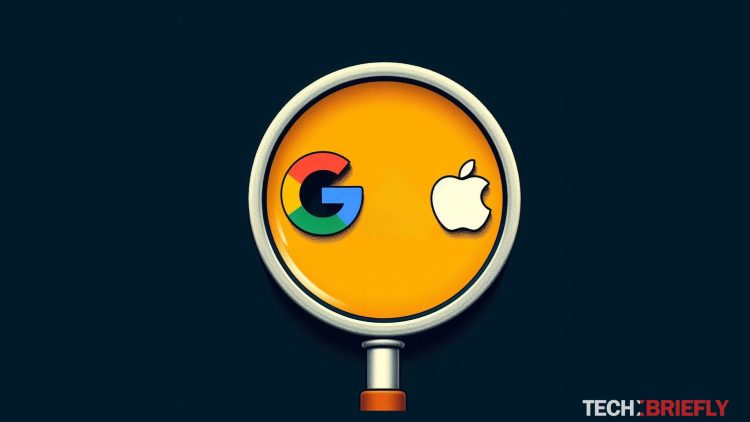The European Union’s (EU) Digital Markets Act (DMA) has come into force, placing significant new regulations on major tech companies deemed “gatekeepers”.
The rules are meant to increase competition and limit the market control of internet giants.
Now, mere months after the DMA’s passage, the European Commission has begun targeting Apple, Meta, and Google with non-compliance investigations.
A closer look at the DMA’s concerns
The EU’s investigations touch on several key areas where the tech titans are suspected of potentially breaching DMA regulations.
Apple
The EU’s concerns center around Apple’s App Store. One issue is whether Apple adequately allows developers to direct users towards payment options beyond Apple’s in-app payment system.
Additionally, the Commission is focused on Apple’s web browser choice screen, questioning whether it gives users a truly free selection of browsers or steers them towards Safari.
The EU is examining Google Play rules, mirroring the concern about steering users toward preferred payment options.
Additionally, the Commission is investigating whether Google self-preferences its own services within search results, potentially giving them unfair prominence.
Meta
The focus with Meta is its “pay or consent model“. This scrutinizes whether users are effectively forced to consent to extensive data tracking in order to use services like Facebook and Instagram.
Margrethe Vestager, Executive Vice-President of the European Commission EU fit for Digital Age and Commissioner for Competition, has shared this on X regarding the situation:
Today we open 1st #investigations under the #DMA.
We are concerned #Alphabet, @Apple & @Meta are not meeting their obligations e.g:
👉#Apple & #Alphabet still charge recurring fees to #app #developers
👉#Meta offers no real choice for users to opt out of #data combination⬇️
— Margrethe Vestager (@vestager) March 25, 2024
DMA has the power to reshape the digital space
The DMA marks a major push by the EU to manage the immense power held by a few dominant tech platforms. These companies function as ‘gatekeepers’ to essential digital services, and the DMA aims to prevent them from abusing that position.
Some of the key provisions of the DMA include:
- Interoperability: Requiring major messaging platforms to allow interoperability with smaller competitors, preventing users from being siloed
- Self-preferencing: Prohibiting companies from giving unfair advantages to their own products and services in rankings or search results
- User choice: Giving users greater choice when it comes to default settings, like web browsers or search engines
It will take time for the EU’s investigations to reach a conclusion. If the Commission finds Apple, Meta, or Google in breach of the DMA, consequences could be serious. Companies could be fined up to 10% of their global annual revenue, a massive sum for these tech behemoths. In cases of repeated violations, the fines could increase to 20%.
The EU is sending a powerful signal: Big Tech is no longer above the law when it comes to the online marketplace. The DMA has teeth, and the Commission seems intent on using them.
The broader picture
These non-compliance probes represent a critical test of the DMA’s ability to change the way tech giants operate. For consumers and smaller businesses that rely on fair online access, these investigations hold the promise of a more balanced, innovative digital future. However, the tech giants will certainly push back, potentially leading to extended legal battles.
Stay tuned, as the digital economy may see major shifts ahead.
Featured image credit: Emre Çıtak/DALL-E 3





